Introduction
Diarrhoea is one of the most common things among the pets. And, many of the pet parents are familiar with it. The condition can also be described as passing liquid stools or loose stools in amounts that’s more than usual. Diarrhoea cannot be called as a disease or but it is a symptom of several distinct kinds of diseases. The vet can only find the underlying cause for such symptom in the dogs or animals. It requires a right treatment plan. Even if your dog has diarrhea but acting normal, still it is important that you take him to the doctor. It is a very common cause or issue which dogs face. Whenever the pet eats something abnormal or a toxin or otherwise, then they are likely to face diarrhoea. No matter what, it is important to stop the symptom and keep eye on the dog and also, take them to the doctor, if the condition is serious.
About the Dog Diarrhoea
The first and the foremost thing, which you ought to know is that, the dog’s diarrhoea can be smelly and bad, and your vet might want to know what kind of diarrhoea the dog has and would enquire into it. There are 4 categories that you ought to know. The first is the osmotic diarrhoea. This happens, when the water in stomach goes into the gastrointestinal tract, which creates a large volume of loose stools or watery ones. One of the quickest ways to cure this type of diarrhoea is to make the dog fast. Then, comes the secretory diarrhoea, in which the GI tract will make many secretions and it is caused mainly by the bacterial toxins, including the viruses. In this type, the condition doesn’t improve.
Other Types of Diarrhoea & Signs to Watch Out
Then, comes the exudative diarrhoea in which the GU lining is damaged. This type of diarrhoea is caused by the ulcerative colitis and also, due to certain type of autoimmune diseases and you can also find mucus or blood in the stools. The next, is rapid intestinal transit diarrhoea, which happens when the dog’s colon squeezes with more pressure than normal and the materials gets passed quickly through the GI tract and it results in watery stools. If your dog is having this symptom i.e. diarrhoea, once and then seems healthy and ok, then you can simply keep an eye on them. But if it persists for more than 24 hours or 48 hours, then simply visit a vet. See a vet, if the dog has eaten toxin or drunk it, or eaten a foreign material or chocolate. Watch out for symptoms like decreased appetite, lethargy, fever, vomiting, pain, abdominal distention or swelling, or whether the dog has a pre-existing condition and so on.


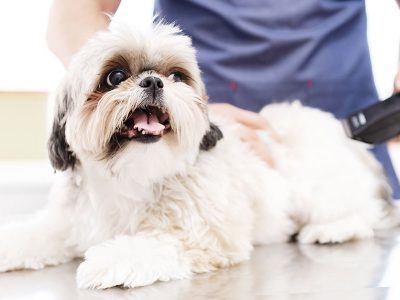
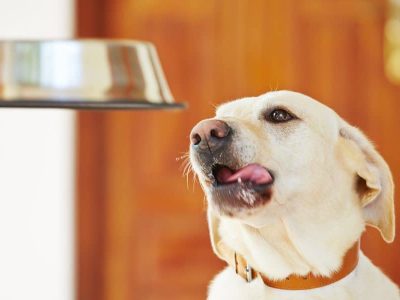
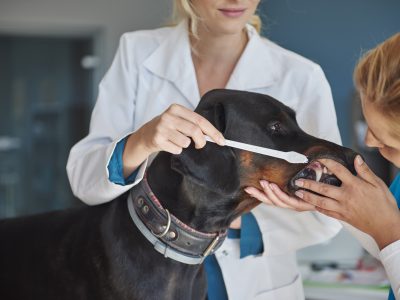



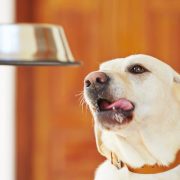
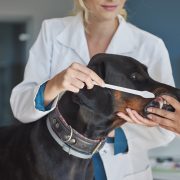


Comments